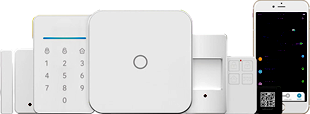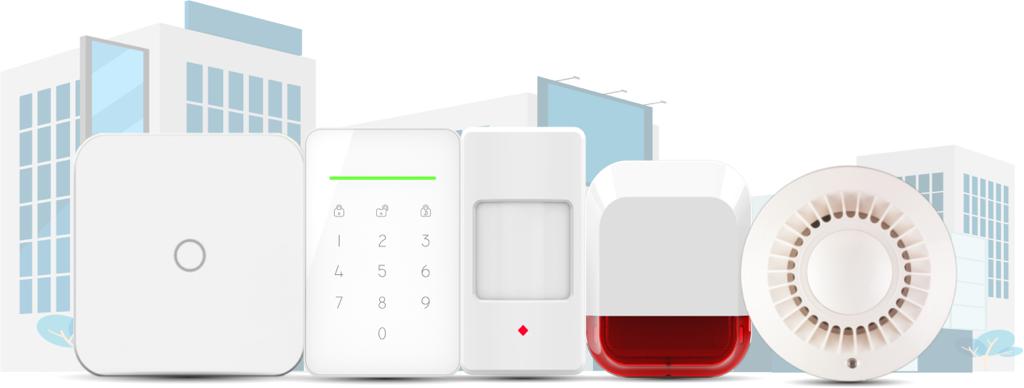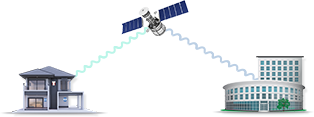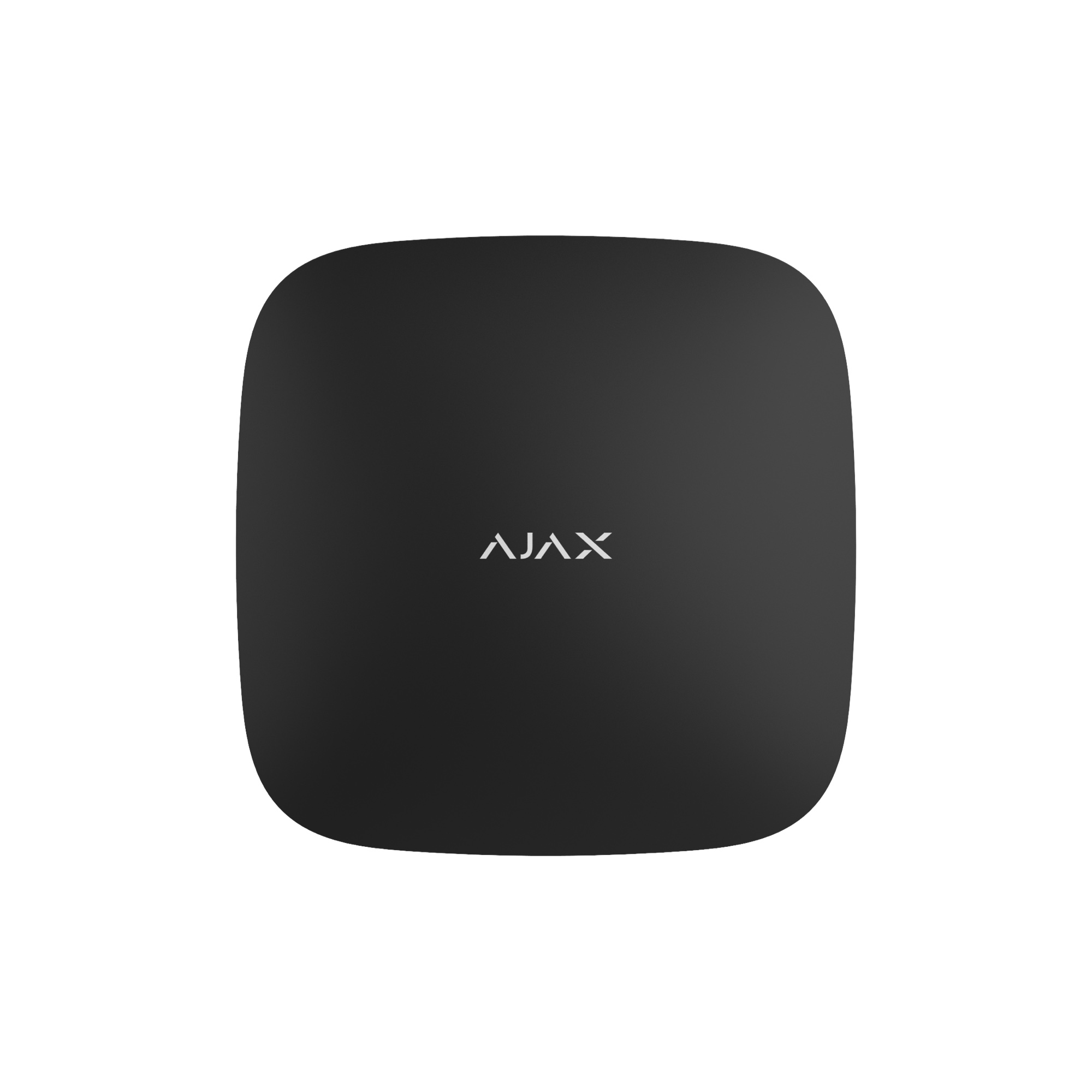Should I go for a CCTV or a CMS Monitored solution for my home?
April 04, 2020
Should I go for a CCTV or a CMS Monitored solution for my home? Add Your Heading Text Here
To be honest, you are comparing apples with oranges! Both the solutions are good but they address a very different set of requirements. You are comparing Surveillance with security!
Let me give a brief about both first; for the sake of everyone who is reading this, I will explain with a bit of the background, which might be helpful!
Image source: Home Security System India
CCTV Camera: The most common ones, cheapest too. you can see them at every nook and corner! Good for large departmental stores, large shops, public places where surveillance is required, so the public, in general, behaves in a civilized way (not just robbers and thieves)!
It provides a psychological defense. For example, a person is more likely to pee on someone’s garden wall or steal a lightbulb if he thinks that no one is going to notice. A lot of people even install a dummy camera to create the same psychological effect.
But it’s not really for homes, even as a deterrent! They are less than effective on thieves due to multiple reasons
1) A thief may not care if his face will be recorded as he does not have a social reputation to keep.
2) He can simply wear a mask.
3) By cutting the power supply, It can be made useless; CCTV cameras usually don’t come with battery backup.
4) A thief may just as well decide to take the DVR with him, once the job is done!
So, in summary, CCTV cameras are very useful for community areas, large shops, Malls, and anywhere with a lot of people but not so useful if you are looking to secure your home.
Alarm systems: Alarm systems are not as popular as other products, but they are gaining momentum and more and more people are choosing alarm systems to protect their homes.
An alarm system is a combination of different types of sensors. For example, a door or window sensor detects the opening of a door, it is installed at the main entry points. The motion sensor detects motion and typically used in a common area like a living room or drawing-room. Smoke sensors are used to protect from fire accidents. There are many other types of sensors like CO sensor, flood sensor, glass break sensor, light sensor, etc.
These sensors are usually quite small, like a paperweight and they are wirelessly connected with the main unit called control panel or control hub. It’s like the brain of the system. Sometimes, this control hub also has an inbuilt siren for an emergency, though you will also need additional siren outside your home to warn the thieves!
The whole system is operated by a remote key, which typically looks like a car key! And most of the systems come with mobile app integration too. You can just activate it when you leave your house and deactivate it when you come back!
Again, you can buy one from amazon for like INR 15000. Without any doubt, it will be manufactured in China which is not a bad thing really, cause even iPhone is manufactured there! But a good quality system from companies like Visonic, Eldes, Pyrex, bold, Ajax, etc will cost a lot more. Somewhere above INR 80000- 100000 for the most basic setup.
While good hardware quality ensures long life and reliability of the alarm system, its the professional monitoring which makes the real difference! Unfortunately, this is still not widely available in India and most of people don’t even know about it. In western countries there are plenty who offer monitoring services like ADT, Simplisafe, Vivint smart home, Frontpoint, Protect America, DFS Services.
Let me briefly explain what CMS monitoring is really.
CMS Monitored Alarm systems: CMS (central monitoring station) is also referred to as an Alarm receiving center or ARC. Imagine a large room with a lot of large TV screens and big monitors, more or less that’s how a CMS looks like!
CMS is capable of processing millions of signal every second and professionally trained operators process those signals with software algorithms.
In nutshell, the CMS is constantly connected with the alarm system installed at your home and it monitors, maintains, and looks after the alarm system! When I say constantly connected, I mean in real-time! The alarm system sends a notification every 30 seconds to CMS, just to confirm if everything is working as expected.. pretty cool, isn’t it!
So if a battery goes low, someone tries to steal any sensor, someone tries to open it, any communication issue, network issue, alarm trigger, smoke, fire or anything like that – these guys at CMS can make sure that appropriate action is taken.
This is why monitored alarm systems are not sold as PRODUCT, but they are offered as a SERVICE, cause you don’t just buy the hardware, you opt for a monitoring service!
CMS works round the clock, literally. In fact, in order to qualify, certain standards must be met! Typically, CMS has to prove the uptime of 99.99%, this will come about 1 hour of system downtime in a YEAR, So it’s a service which does not take weekend breaks or Christmas holidays, after all, an accident can happen anytime.
In nutshell, CMS monitored alarm systems are indisputably considered the most effective way to protect a home or shop and are adopted by millions in western countries. But in India, due to high installation and monitoring cost and awareness issues in general, these are rarely known.
Image source Home Security System India
You can watch some related videos here:
In English: Monitored Alarm System | How Home Security system works| Home security tutorial | English
In Hindi: Monitored Alarm System | How Home Security system works| Home security tutorial | Hindi
DFS Services and Vprotect India are two companies (there may be few more but I doubt), who offer monitored security solutions and have CMS capability.
You can find more information, ask questions or request a live demo from here:
Home Security System India
When I say that CMS monitored alarm systems are indisputably the best way to keep your home or shop safe, don’t just take my word for it, google about it, read about it and make your own assessment.










 Cart (9)
Cart (9)